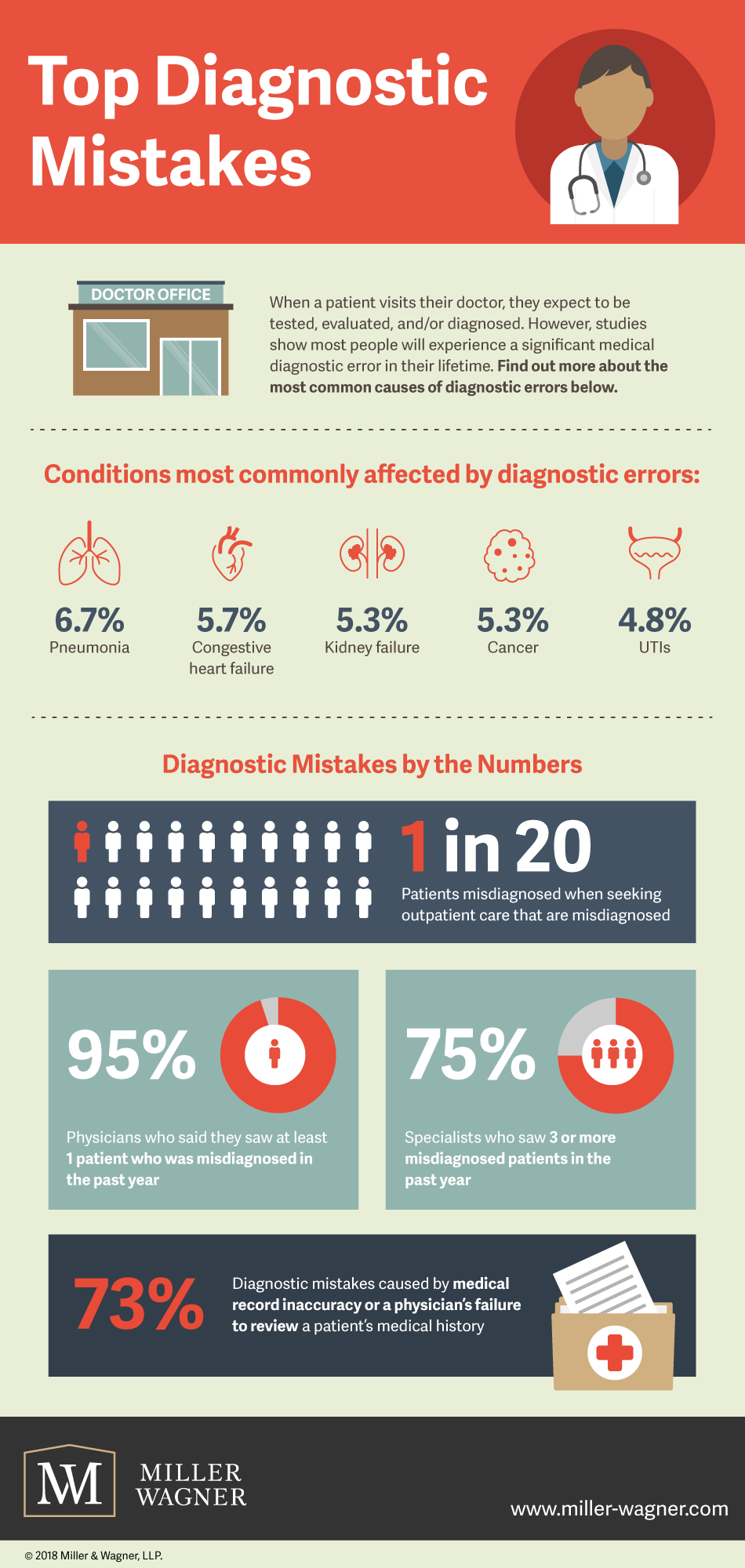Oregon residents should understand how medical errors are tracked and handled in the state and what providers are most compliant with reporting these events.
People who live in the Portland metro area are fortunate to have a plethora of health care options available to them. However, the sad reality is that patients cannot blindly take for granted that their care will always be error-free. It is important for people to understand the full scope of the problem when it comes to medical mistakes.
How many errors happen in Oregon?
It may be hard to quantify the exact number of mistakes made by health care professionals. However, records from the National Practitioner Data Bank do offer a window into the problem.
In looking at data from 2004 to 2014, it is interesting to note that the number of payouts made to patients as compensation for medical errors dropped over this time. During the same span of time, the number of other actions taken against providers for errors increased. Overall, there were more than 8,100 adverse actions recorded and nearly 1,400 payments made.
How much money is awarded in damages?
A large percentage of claims made in malpractice cases tend to be for relatively small amounts. Specific details show the following:
- Out of 117 payments made in 2014, only 13 were over $1 million dollars.
- There were 31 payments for less than $50,000.
- A total of 20 payments were made between $250,000 and $499,000.
- Another 19 payments were made ranging from $100,000 to $249,000.
- In the $50,000 to $99,000 and the $500,000 to $999,999 ranges, there were 17 payments each.
Out of the payments over $1 million dollars, only four exceeded $2 million dollars.
How does Oregon approach medical errors?
According to Emergency Physician Monthly, Oregon adopts an approach in which early acknowledgement of mistakes is encouraged. Along with this disclosure is expected to be apologies and offers to settle cases. It may be one way that the state attempts to keep costs down.
Since 2006, a voluntary system for reporting medical errors has been in place statewide. As reported by the Bend Bulletin, in 2015, only 12.6 percent of all facilities participated in the voluntary reporting. Among hospitals, compliance was 100 percent but was sadly lacking among other types of providers or facilities. Perhaps the poorest participation was noted by pharmacies. Only about one percent of pharmacies provided error reporting for last year.
Provider reports received in 2015 showed an overall increase in the number of positive with results with 65 percent of all reports being deemed “acceptable.” Sadly, almost half of the errors that were reported involved fatalities or serious injury to patients.
What should people do if a medical error is suspected?
Any time that a person’s health and life is put at risk, help is needed. Talking to an attorney when a medical mistake may have occurred is an important way of learning what can be done to address the mistake.
